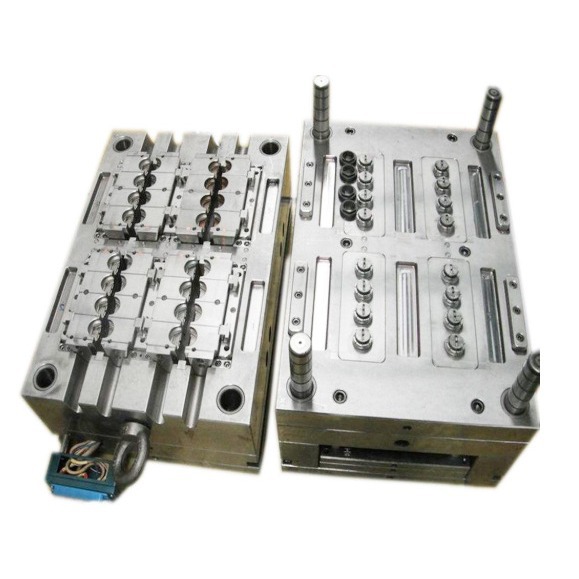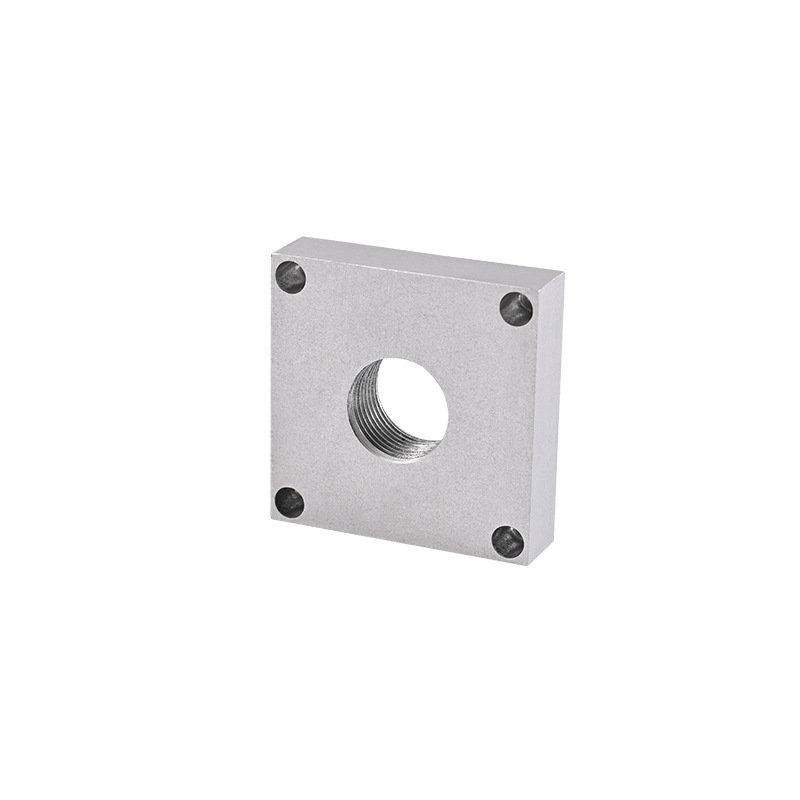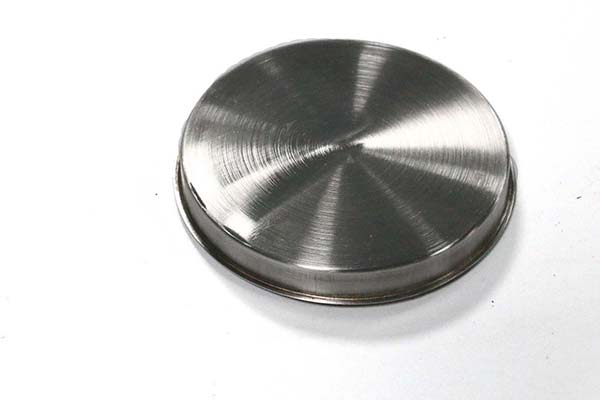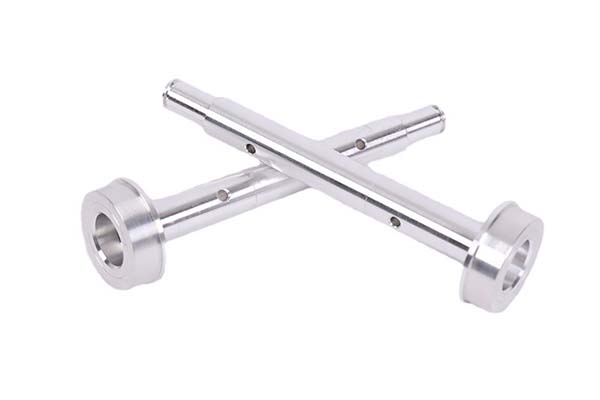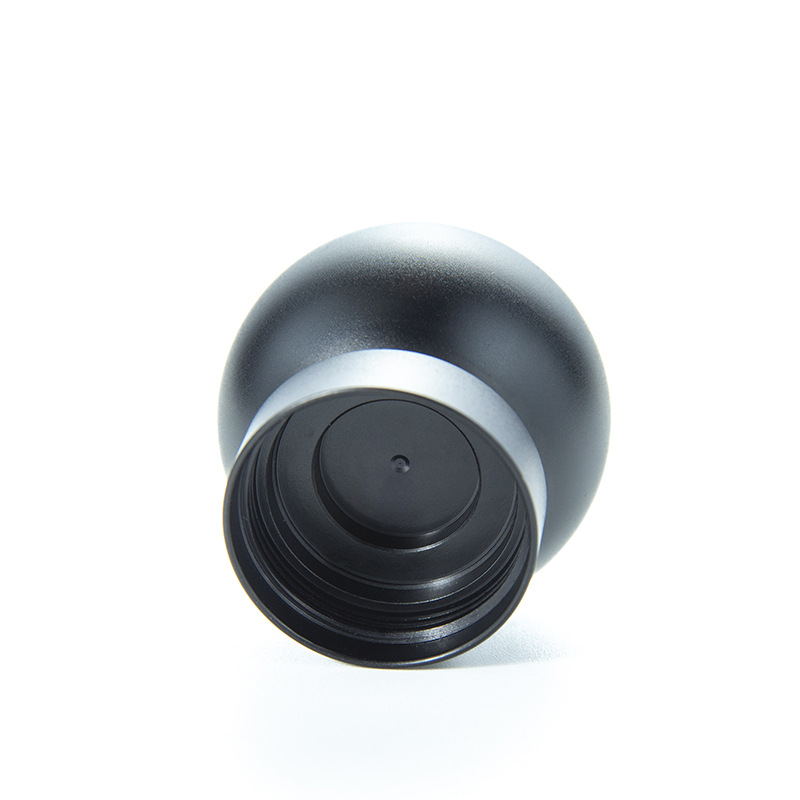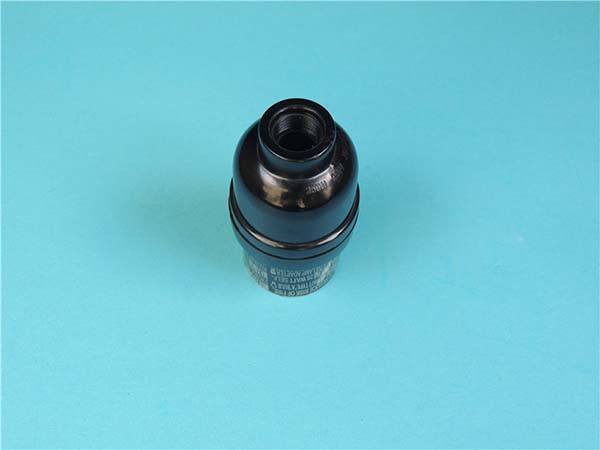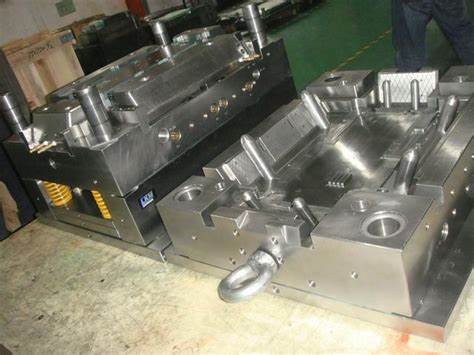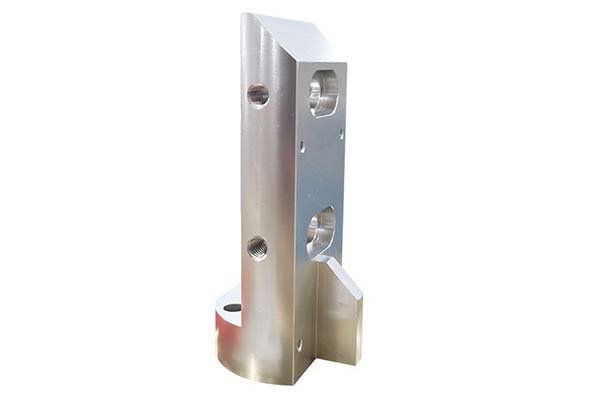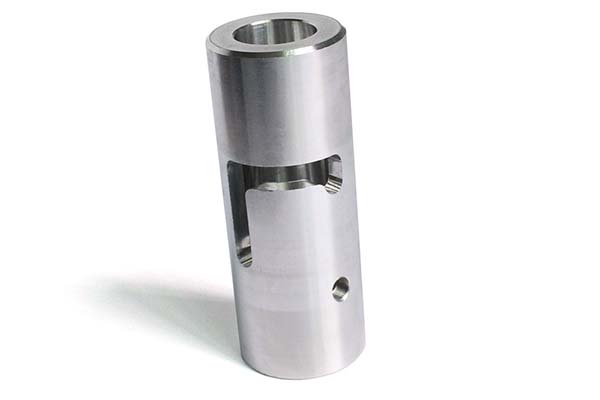Introduction to CNC Services
In today’s manufacturing environment, CNC services (Computer Numerical Control) have become essential tools that drive innovation, enhance precision, and streamline production processes. By automating machine tools through computer programming, CNC technology has revolutionized how components are produced across a wide array of industries. Mold7 explores the key benefits of CNC services, their diverse applications, and the significant role they play in modern manufacturing.
Definition and History
Basic Principles of CNC Operation
CNC machining utilizes computerized control to automate the operation of machine tools, such as lathes, mills, routers, and grinders. The process starts with creating a digital design of the part using CAD (Computer-Aided Design) software, which is then translated into a G-code—a series of machine instructions. This G-code directs the machine to precisely cut, shape, and form the material to meet exact specifications. The high precision and repeatability of CNC services make them indispensable for producing complex and critical components with tight tolerances.
The development of CNC technology traces back to the 1940s, when John T. Parsons developed the first NC (Numerical Control) system for a milling machine at the Massachusetts Institute of Technology (MIT). The evolution of this technology, with advances in computing, software, and hardware, has made CNC a cornerstone of modern manufacturing.
Benefits of CNC Services
Enhanced Precision and Accuracy
One of the primary advantages of CNC machining is its ability to achieve superior precision and accuracy. Unlike traditional manual machining, where human error can lead to variations in parts, CNC machines follow digital instructions to the letter. This results in consistent and high-quality components, meeting even the most stringent tolerances required in industries such as aerospace, medical devices, and electronics.
Increased Efficiency and Productivity
CNC services increase manufacturing efficiency by reducing the time required for setup and operation. Once a program is written, a CNC machine can run continuously, producing parts with minimal human intervention. This automation allows manufacturers to reduce downtime and increase production throughput. CNC systems also help streamline complex machining tasks that would take considerably longer with manual tools, thus maximizing productivity.
Cost-Effective Manufacturing
Although the initial investment in CNC equipment can be significant, the long-term cost savings are substantial. CNC machining reduces the need for manual labor, cutting down on labor costs and human error. Furthermore, the technology minimizes material waste by optimizing the cutting process and can produce parts at a faster rate, reducing production time. In the long run, these efficiencies result in reduced manufacturing costs and increased profitability.
Customization and Flexibility
CNC services offer remarkable flexibility and customization options. Manufacturers can easily modify designs and generate new versions of parts using CAD software, allowing for quick prototyping and iteration. This capability is particularly important in industries where products need to be tailored to customer specifications or where products undergo frequent design changes. CNC services enable rapid changes without significant downtime or additional costs, making it ideal for short-run production and custom manufacturing.
Applications of CNC Services
Automotive Industry
CNC services play a critical role in the automotive industry, where precision is crucial for manufacturing complex engine components, transmission parts, and structural elements. CNC machines are capable of producing parts that meet the rigorous performance, safety, and quality standards required by the automotive sector. By using CNC machining, automotive manufacturers can ensure parts such as pistons, crankshafts, and camshafts are made to exact specifications, improving vehicle performance and safety.
Aerospace and Defense
In aerospace and defense, the demand for extreme precision is paramount. CNC services are essential for producing highly specialized components such as turbine blades, landing gear, and structural parts that are critical to the safety and functionality of aircraft and military equipment. The high accuracy and repeatability of CNC machining ensure these parts meet the stringent requirements of regulatory bodies and perform reliably in demanding environments.
Medical Equipment Manufacturing
CNC services are indispensable in the medical equipment manufacturing sector. The high precision and repeatability required for making surgical instruments, diagnostic devices, and prosthetics are made possible through CNC technology. Whether it’s a customized surgical tool or a prosthetic limb, CNC machining ensures that these critical medical components meet the strictest quality standards, contributing to improved patient outcomes and safety.
Consumer Goods Production
In the consumer goods sector, CNC services are widely used for producing intricate, high-quality components used in products such as electronics, home appliances, and personal care items. CNC machining allows for the creation of small, precise parts like electronic connectors, gears, and housing components that require high levels of accuracy for proper function. The flexibility of CNC services also supports innovative designs, allowing manufacturers to quickly bring new consumer products to market.
Types of CNC Machines
CNC Milling Machines
CNC milling machines are among the most versatile CNC tools, widely used across industries. These machines use rotating cutting tools to remove material from a workpiece to create slots, holes, and complex surface geometries. CNC mills are used to produce everything from engine blocks to complex aerospace components due to their ability to handle a broad range of materials and intricate designs.
CNC Lathes
CNC lathes rotate a workpiece while a stationary cutting tool removes material to create cylindrical components like shafts, pulleys, and spindles. CNC lathes are ideal for parts that require rotational symmetry and are used in industries like automotive and aerospace to manufacture precision components such as brake rotors and axles.
CNC Routers
CNC routers are primarily used for cutting, shaping, and engraving materials such as wood, plastic, and composites. They are widely used in industries like signage, furniture making, and model building. The precision of CNC routers allows manufacturers to produce intricate designs, including custom furniture, decorative engravings, and model prototypes.
CNC Grinding Machines
CNC grinding machines use abrasive wheels to shape and finish materials with a high degree of precision. These machines are employed for producing parts that require smooth surface finishes and tight tolerances, such as bearings, gears, and valve components. CNC grinding is essential in industries where microfinishing is critical, such as aerospace, automotive, and medical device manufacturing.
CNC Services in Modern Manufacturing
Integration with Automation
The integration of CNC services with automation technologies has drastically transformed the manufacturing landscape. Automated systems such as robotic arms, automated guided vehicles (AGVs), and intelligent sensors are now frequently used in conjunction with CNC machines to create highly efficient, automated production lines. These integrated systems reduce human intervention, minimize errors, and increase resource utilization, enabling manufacturers to meet high-demand production schedules.
Role in Industry 4.0
CNC services are key enablers of Industry 4.0, the fourth industrial revolution that emphasizes smart manufacturing. By integrating IoT (Internet of Things), artificial intelligence (AI), and big data analytics with CNC machines, manufacturers can optimize production schedules, predict machine maintenance needs, and enhance operational efficiency. This connectivity allows for real-time monitoring and data-driven decision-making, which is critical for improving manufacturing processes and maintaining a competitive edge.
Future Trends and Developments
Looking to the future, CNC technology is poised for exciting innovations, including the incorporation of additive manufacturing (3D printing) into CNC processes, hybrid machining (combining additive and subtractive methods), and the use of advanced materials such as carbon composites. Additionally, CNC services will continue to evolve with a growing focus on sustainability, including the use of energy-efficient machines, eco-friendly coolants, and reduced material waste, aligning with the global push for environmentally responsible manufacturing.
Conclusion
CNC services have transformed modern manufacturing by providing unmatched precision, efficiency, and flexibility. These benefits extend across a wide range of industries, including automotive, aerospace, medical equipment, and consumer goods production. As CNC technology continues to evolve, its integration with automation and Industry 4.0 technologies will drive further advancements in manufacturing capabilities. For businesses looking to stay competitive, investing in CNC services and partnering with experienced CNC service providers is essential to maximize the potential of this transformative technology.
The Importance of Choosing the Right CNC Service Provider
Selecting the right CNC service provider is vital to realizing the full benefits of CNC technology. A reliable provider should offer state-of-the-art equipment, experienced technicians, and a commitment to quality control. Additionally, they should be capable of offering customized solutions tailored to meet the specific needs of the industry. By partnering with the right service provider, manufacturers can improve product quality, reduce lead times, and drive overall operational success.
FAQs
What is the difference between CNC and manual machining?
Answer: The main difference between CNC and manual machining is that CNC uses computerized instructions to control machine tools, resulting in higher precision and repeatability. Manual machining relies on human operators, which can lead to inconsistencies and increased production time.
How do I choose the right CNC service provider?
Answer: To select the best CNC service provider, evaluate factors such as their technological capabilities, industry experience, and customer reviews. Consider their ability to handle complex projects, deliver timely results, and provide customized solutions that align with your business needs.
Can CNC services be used for small-scale production?
Answer: Yes, CNC services are well-suited for both small-scale production and mass production. CNC technology offers the flexibility to produce small batches or even single prototypes with high precision and speed, making it ideal for industries requiring customized or low-volume production runs.
